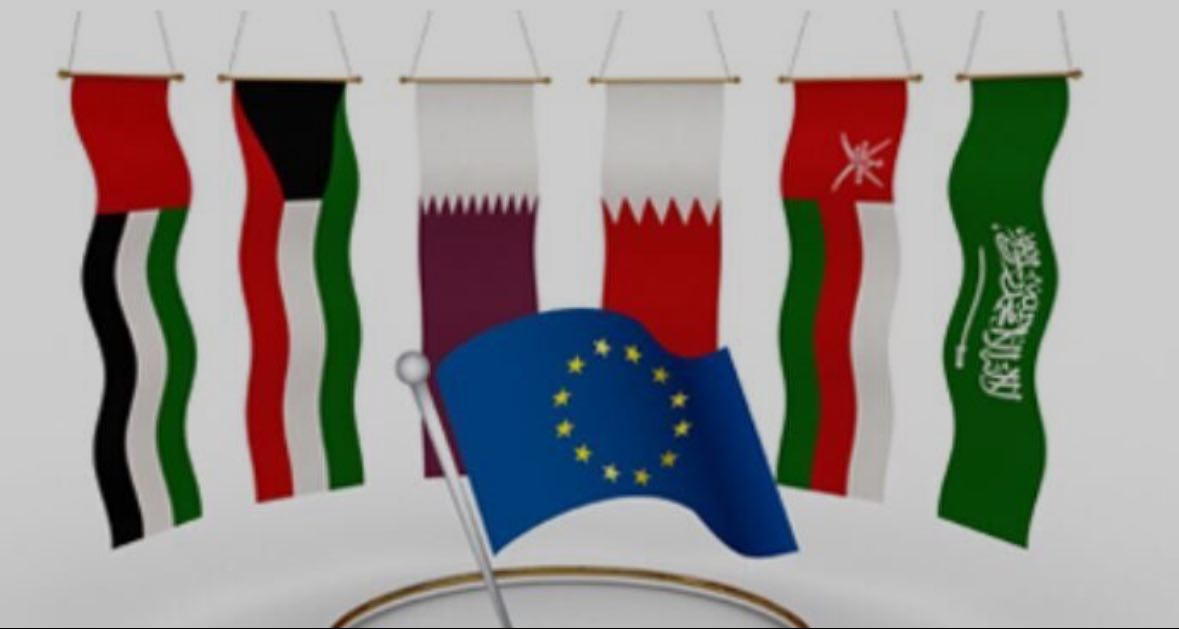Repetition of a Baseless Claim by Europe
In an unusual and unprecedented move, the European Union supported the United Arab Emirates’ territorial claim over the entirely Iranian and historical islands of Abu Musa, Lesser Tunb, and Greater Tunb. Previously, China and Russia had exhibited similar behavior.
It is evident that the United Arab Emirates lacks the capability and means to prove or impose its claim on Iran, and the international community also lacks the legal documentation to pursue such a request and claim.
Now, the question arises as to what goal and motivation the United Arab Emirates is pursuing with this proposal, and conversely, what goal and motivation powers like the European Union, Russia, and China have in participating in this game.
The United Arab Emirates is a state lacking historical identity, but due to its geographical location, support from influential global powers, interactive management with these powers, and governance style suited to its position and conditions, it has both amassed great wealth and become a point of reliance for global powers.
The current ruler of this emirate, by creating internal cohesion and drafting a long-term development plan, has effectively achieved two of the three components of becoming a regional power: wealth and economic development.
However, the third component, which is sustainable security, will be realized when the UAE can establish its historical and territorial identity, a significant challenge that is not easily resolved. The UAE not only has its eyes on Iranian territory but also has territorial issues and challenges with Saudi Arabia, Qatar, and Oman, and beyond that, it has long sought to have a presence even in Saudi Arabia’s backyard, Yemen.
However, the fact that the UAE is more focused on the Iranian islands than anything else is due to several clear and specific reasons.
1. The challenge with Iran is currently both a form of power-seeking and part of the UAE’s mission to maintain its dynamic economy, which is based on trade and brokerage, needing the continuation of Iran’s tense situation with the West.
If for any reason this equation is disrupted, a significant portion of the UAE’s trading advantage will effectively be lost.
In the context of the tense relationship between the West and Iran, the UAE is one of the two main corridors for Iran’s trade and financial transactions, prompting Iran to handle its relations with the UAE cautiously.
2. The UAE’s territorial claim to the three islands is a form of executing a mission pursued by Europe and the United States, with its goal being clearly defined: one aspect is to obstruct the enhancement of Iran’s relations with its southern neighbors, and the other is to use it as a lever of pressure.
3. By pursuing this policy, the UAE practically aligns with the regional policy of Europe and the United States in pressuring Iran, and this alignment is somewhat related to maintaining political balance in the region.
It should not be assumed that the territorial tension between Iran and the UAE is merely a territorial dispute between two countries; rather, this issue is a function of the set of policies, programs, and challenges that exist between Iran and the West, with the issue of Israel and Iran-U.S. relations being its main axis.
As long as there is no clear outlook on the horizon of Iran’s relations with the Western bloc, namely the United States and Europe, pressure and threat levers will exist at different levels and times.
Remaining in a deadlock in relations with the West will lead to continued pressure on Iran and the continuation of sanctions. These two components, sanctions and pressure, are an important part of Western policy aimed at steering Iran towards a deal with minimal benefits for Iran.
While it is true that at the current stage, Iran’s military capability and, most importantly, national resolve in defending its territorial integrity have likened the UAE’s claims to sipping a cup of cold water in the midday desert heat, which satisfies no need, it is essential to think about the future and eliminate the grounds and contexts for such challenges.
Iran, with any capacity, will not be able to continuously endure pressure and sanctions, and confrontation with the world must be transformed into interaction. The burden of advancing this goal falls on both the ultimate decision-makers and the country’s diplomatic apparatus.
The current government’s approach is promising and correct, but the slowness of diplomatic exchange between Iran and the Western bloc is somewhat to our detriment because it makes decision-making more difficult and its implementation more challenging.
The country’s diplomatic apparatus lacks a practical and clear initiative, and this has somewhat shrouded the policy of interaction with the world in ambiguity.

